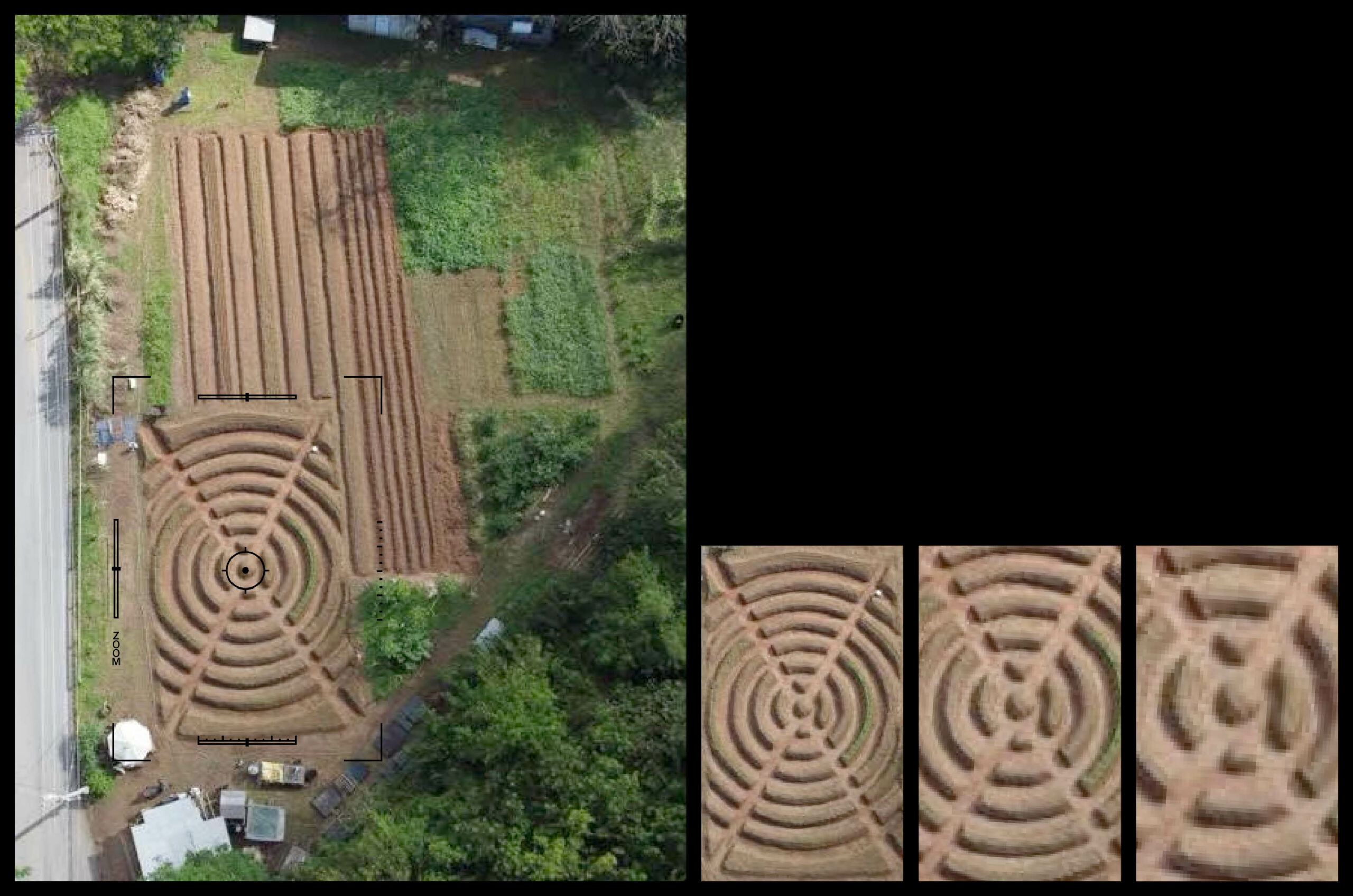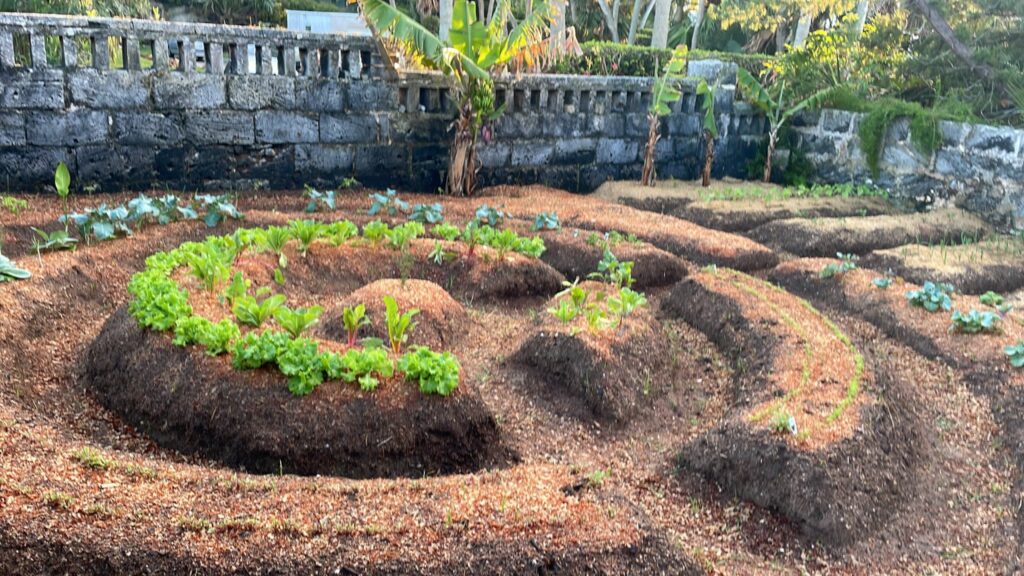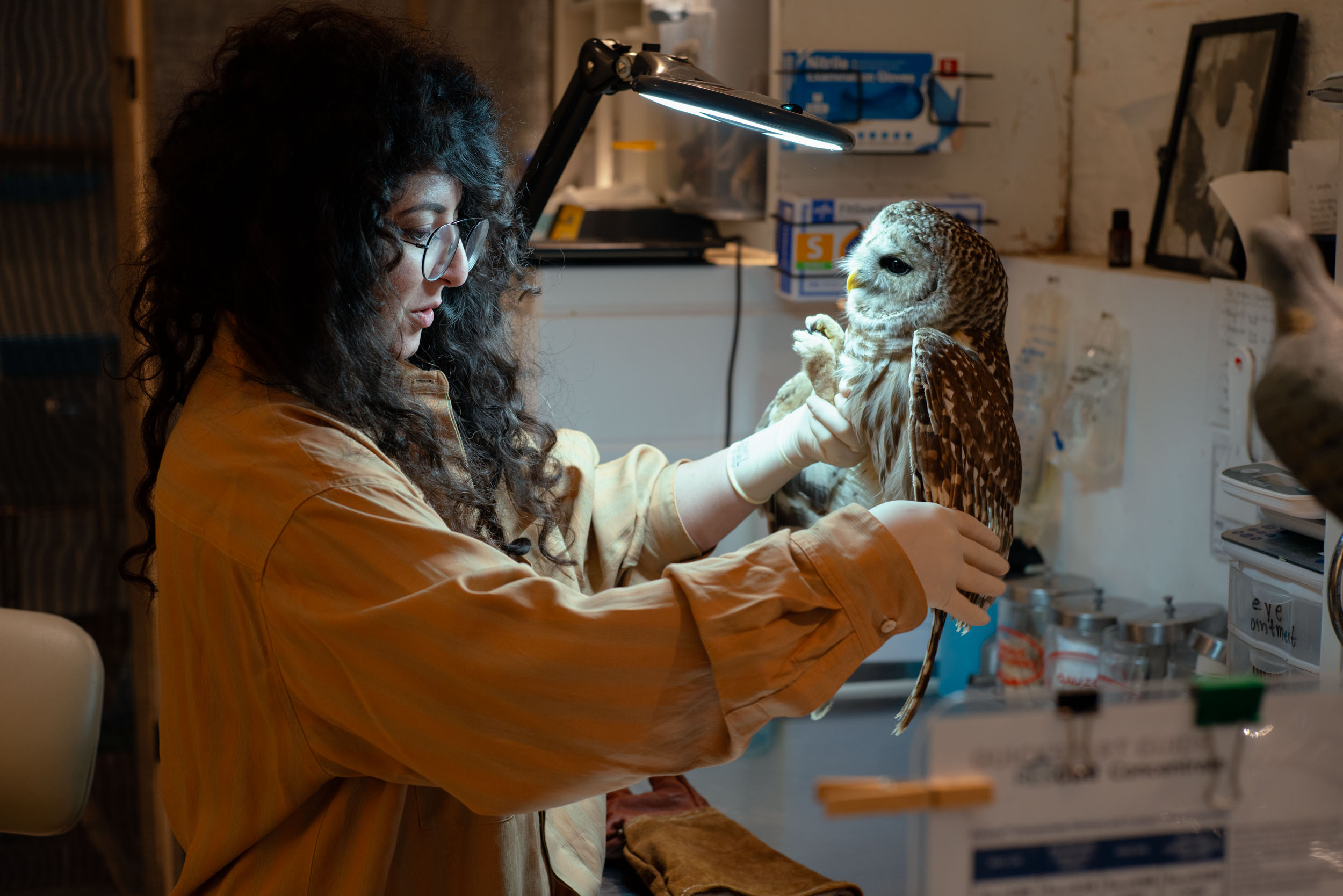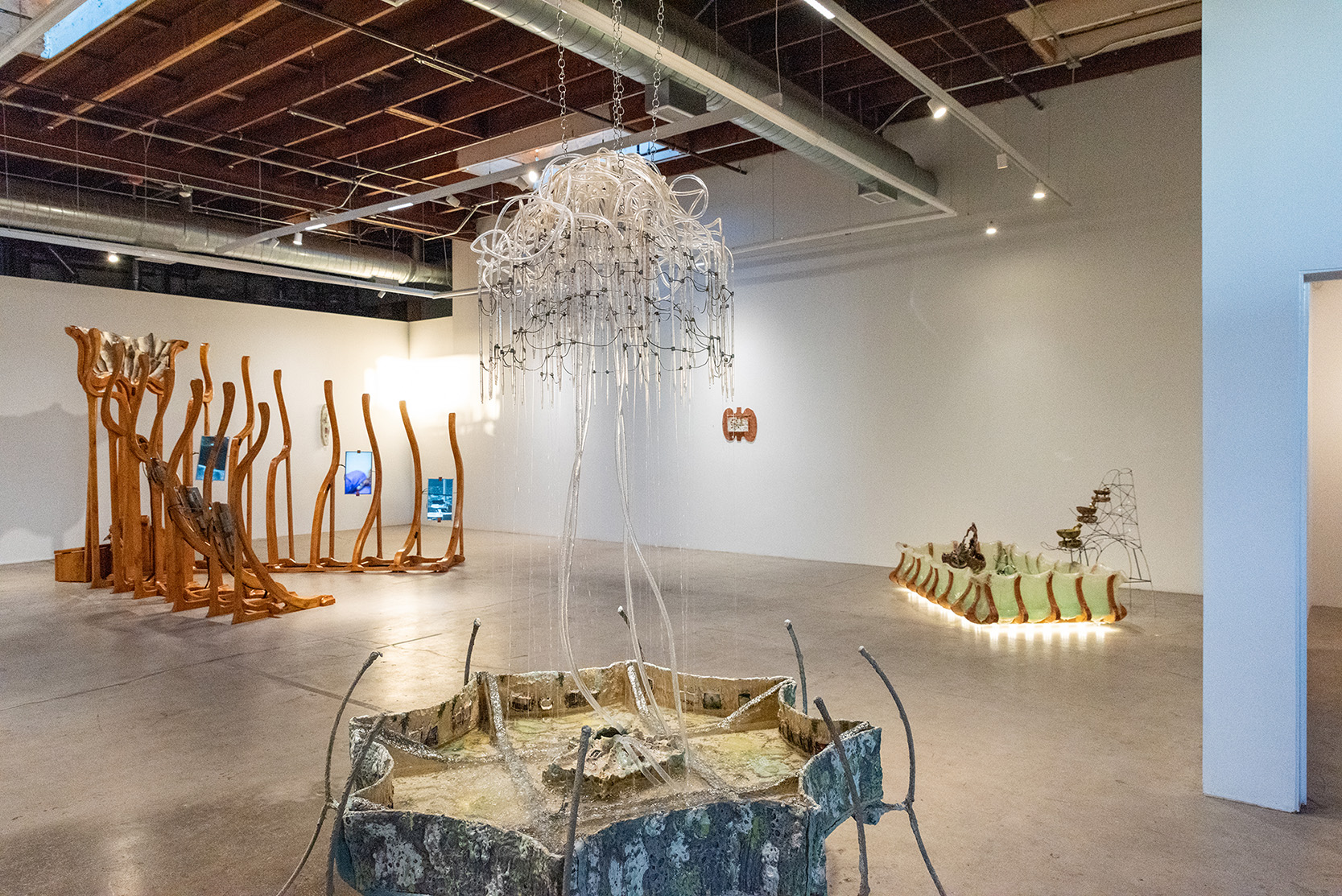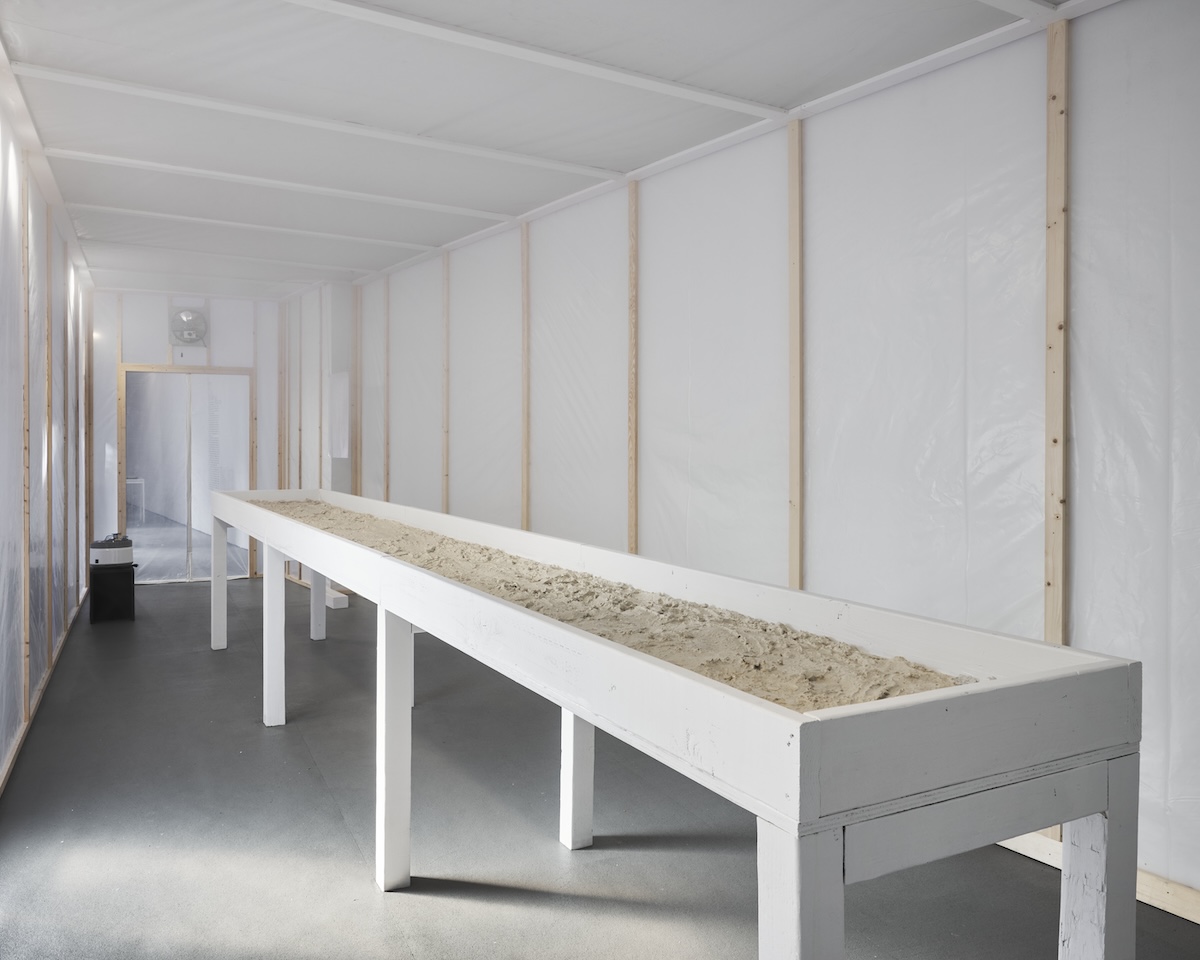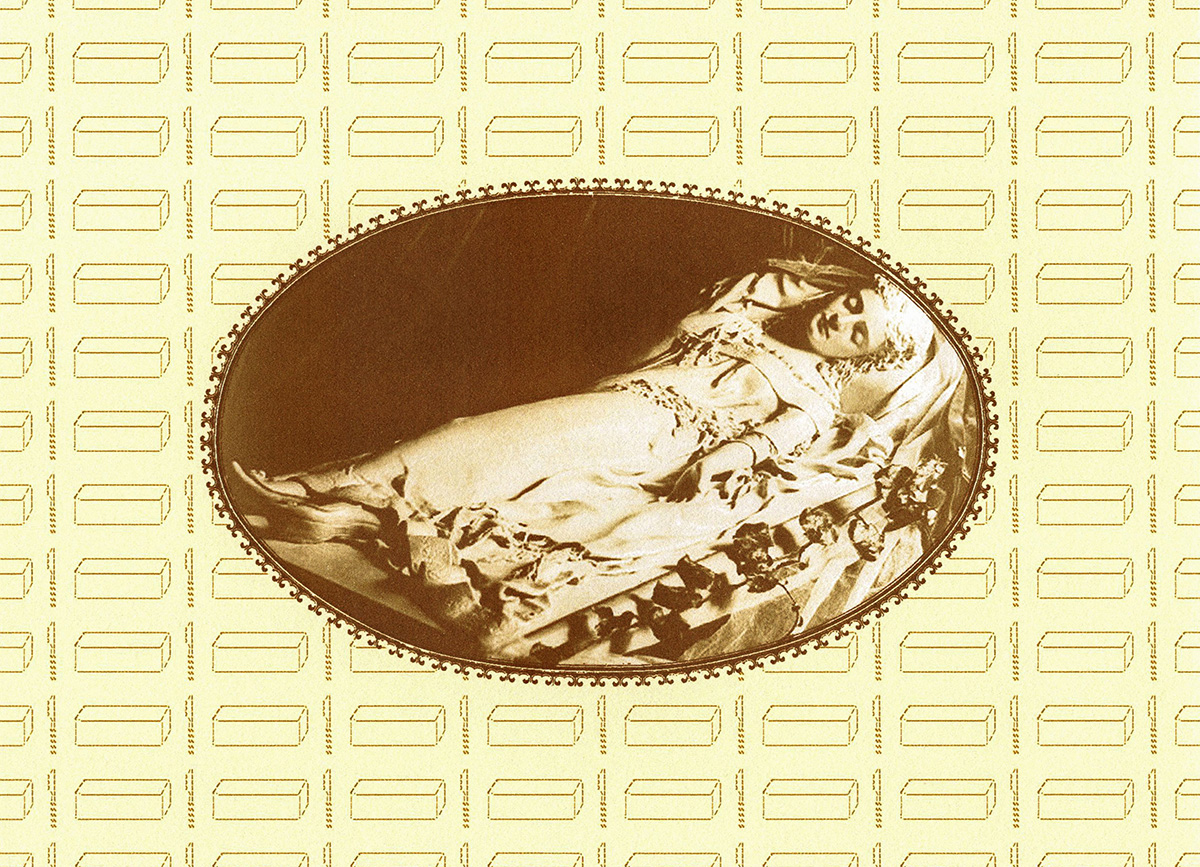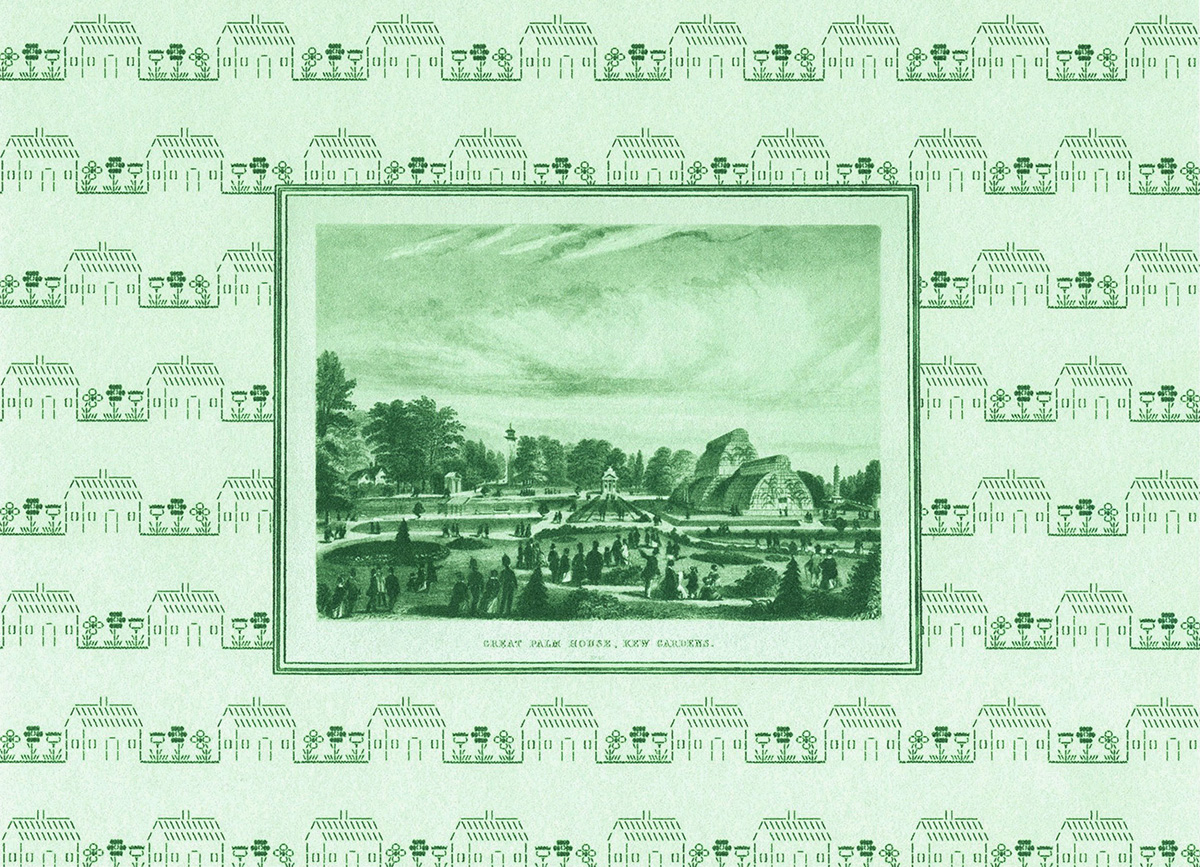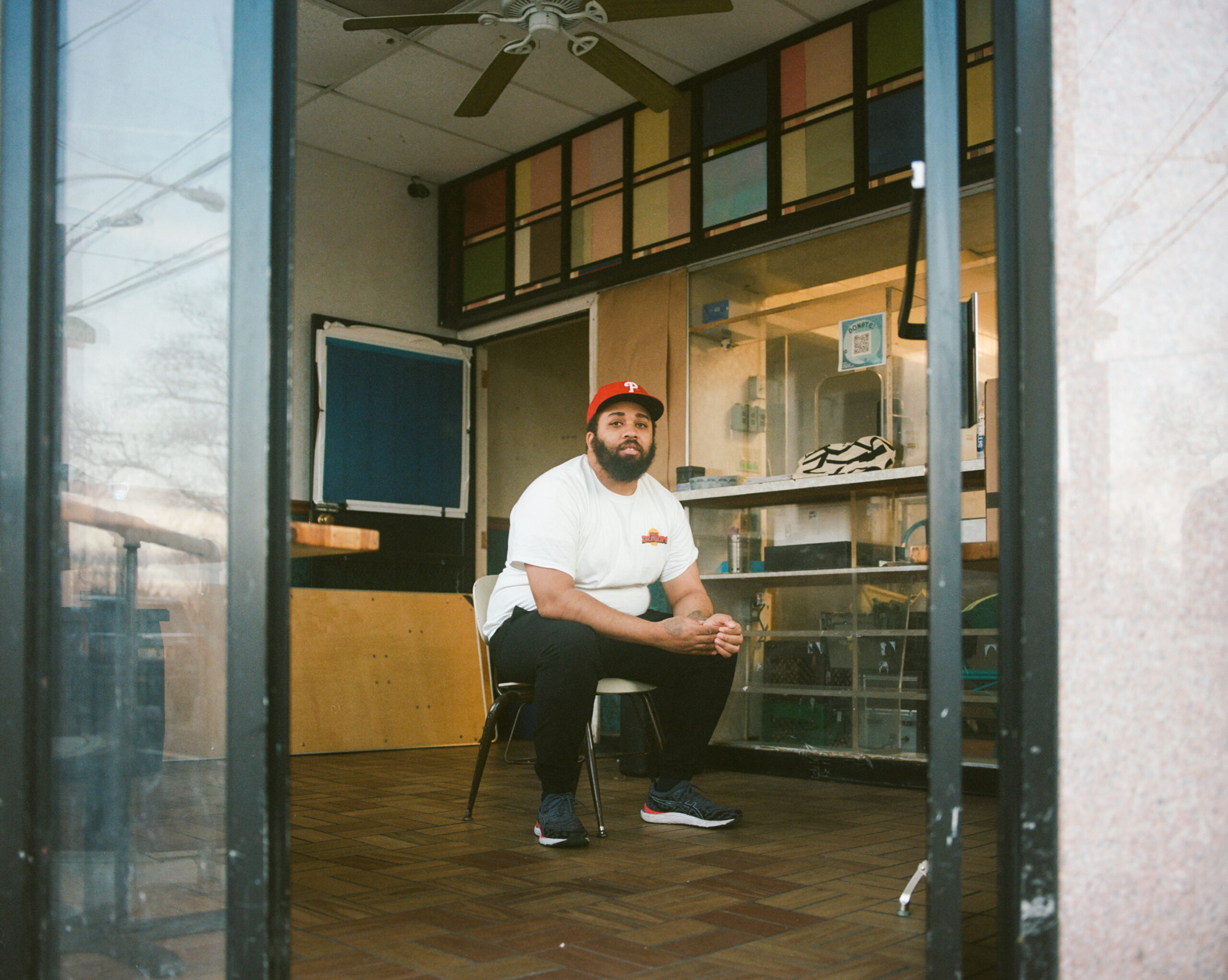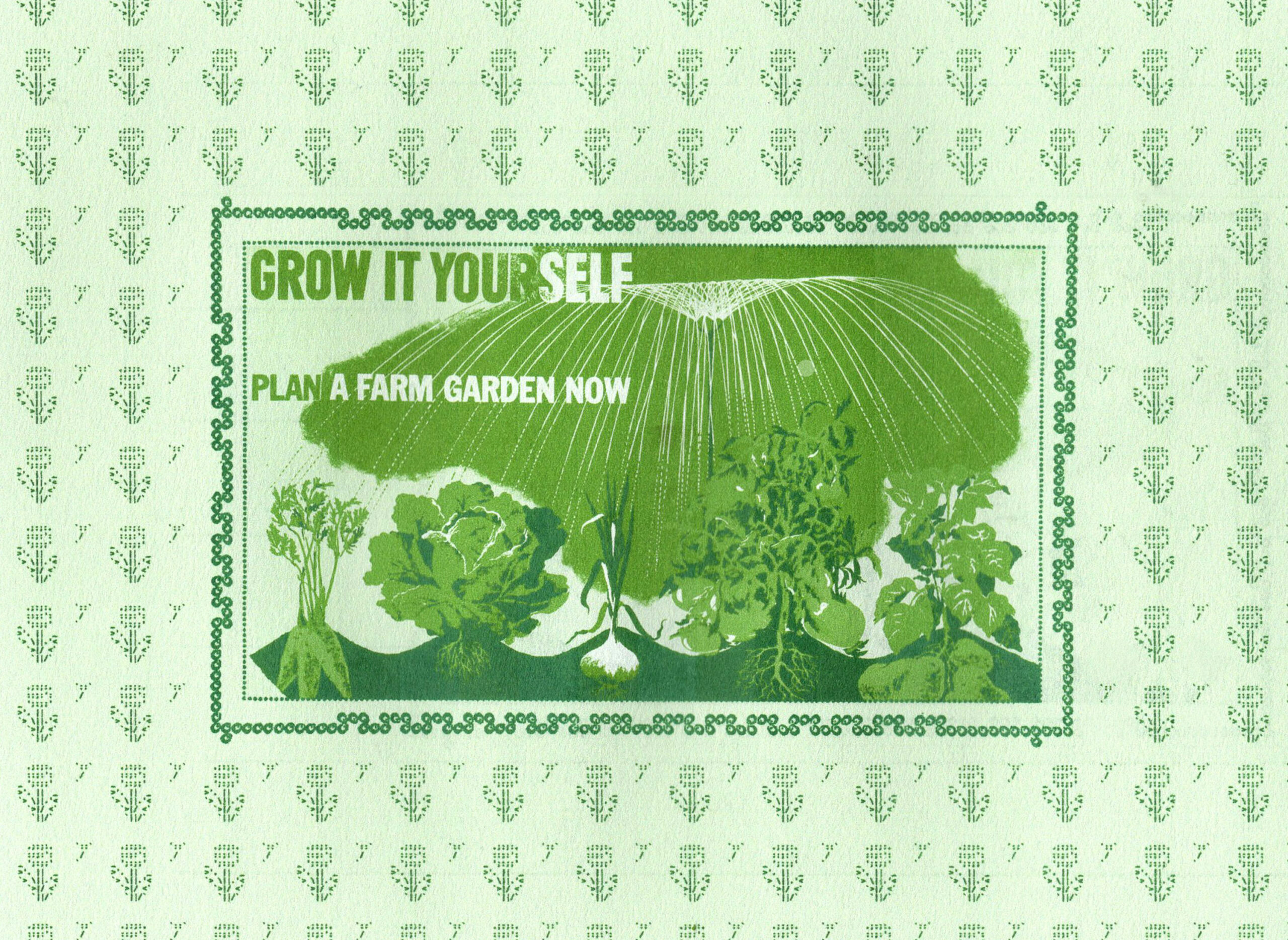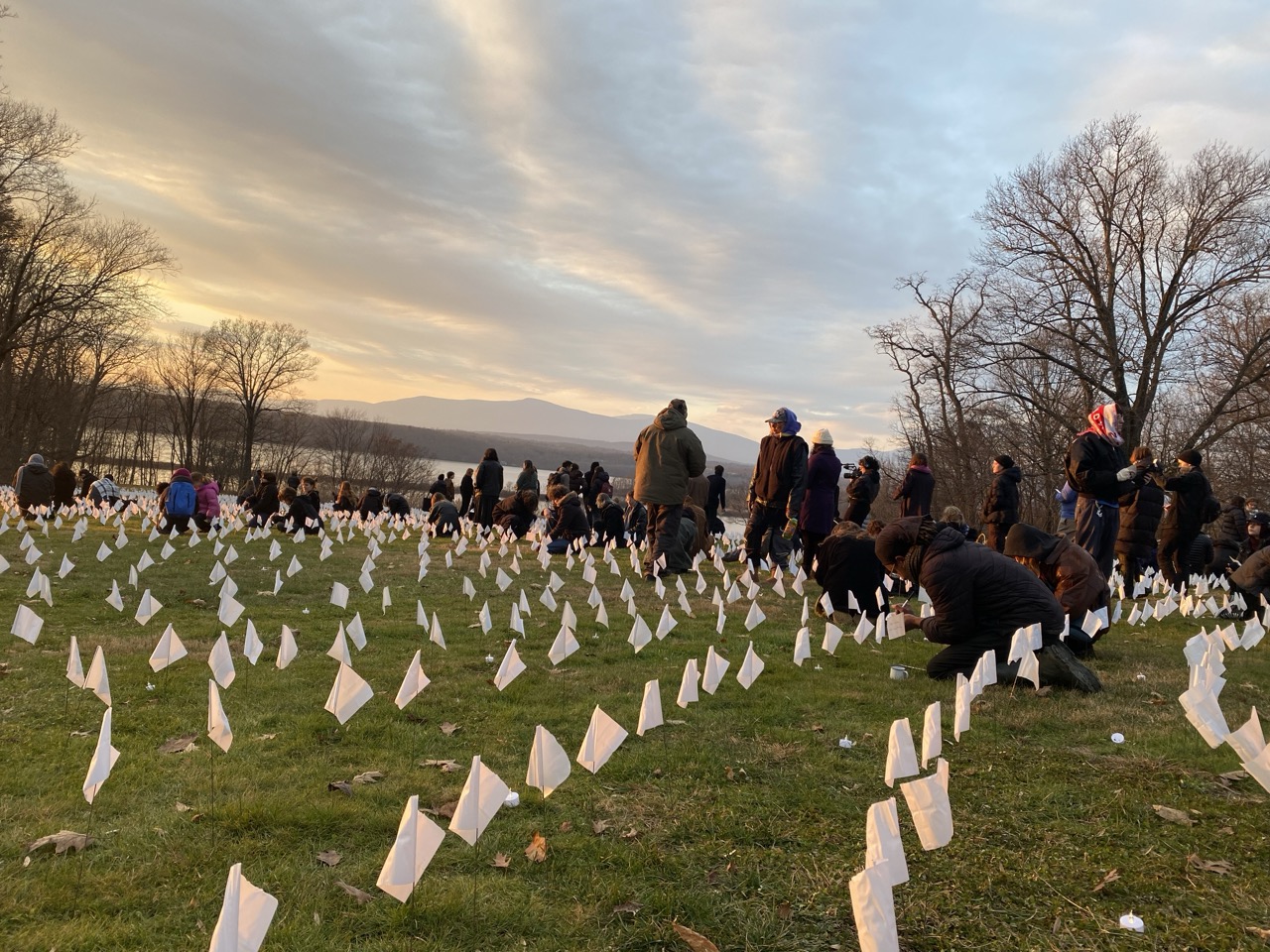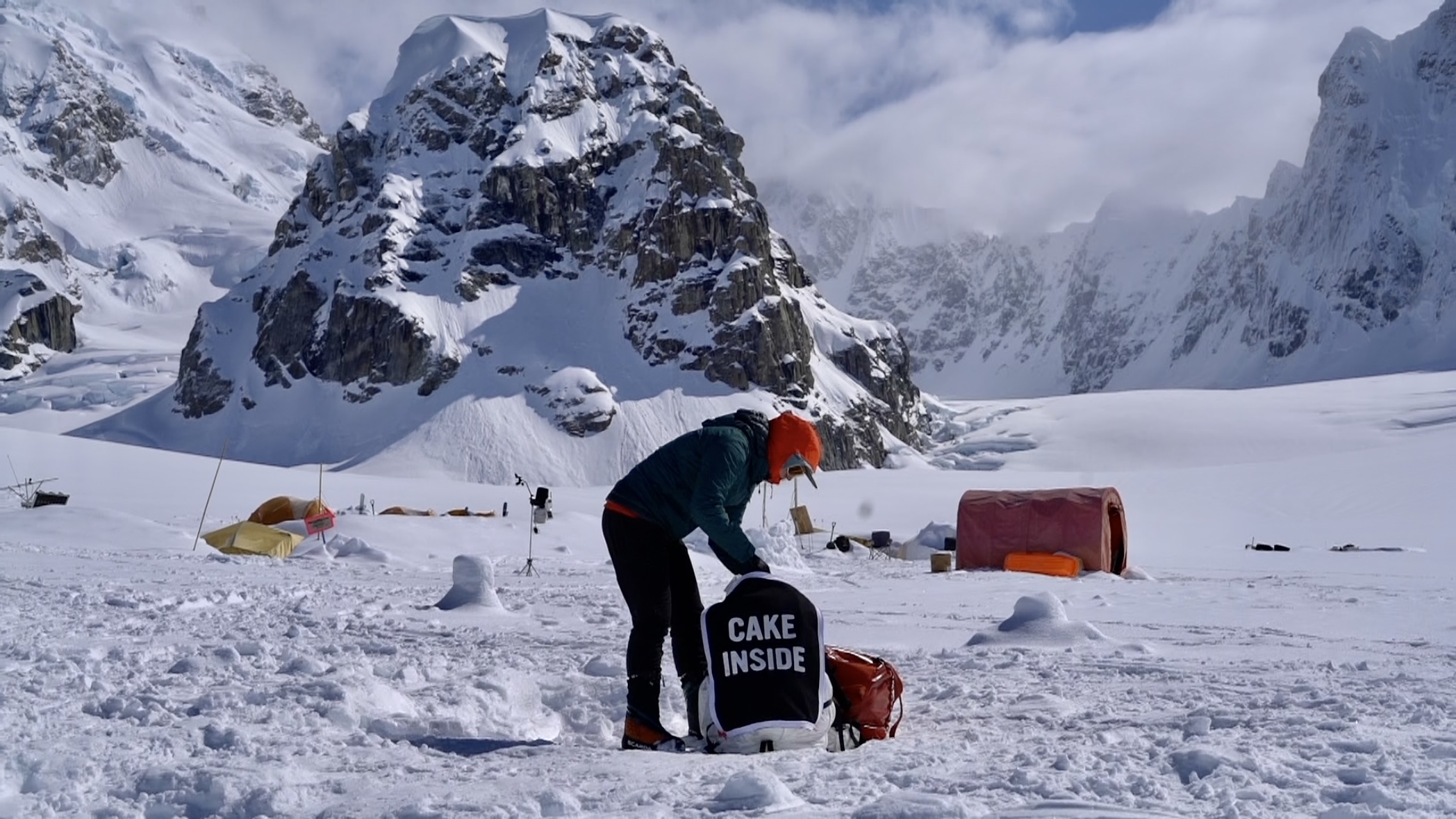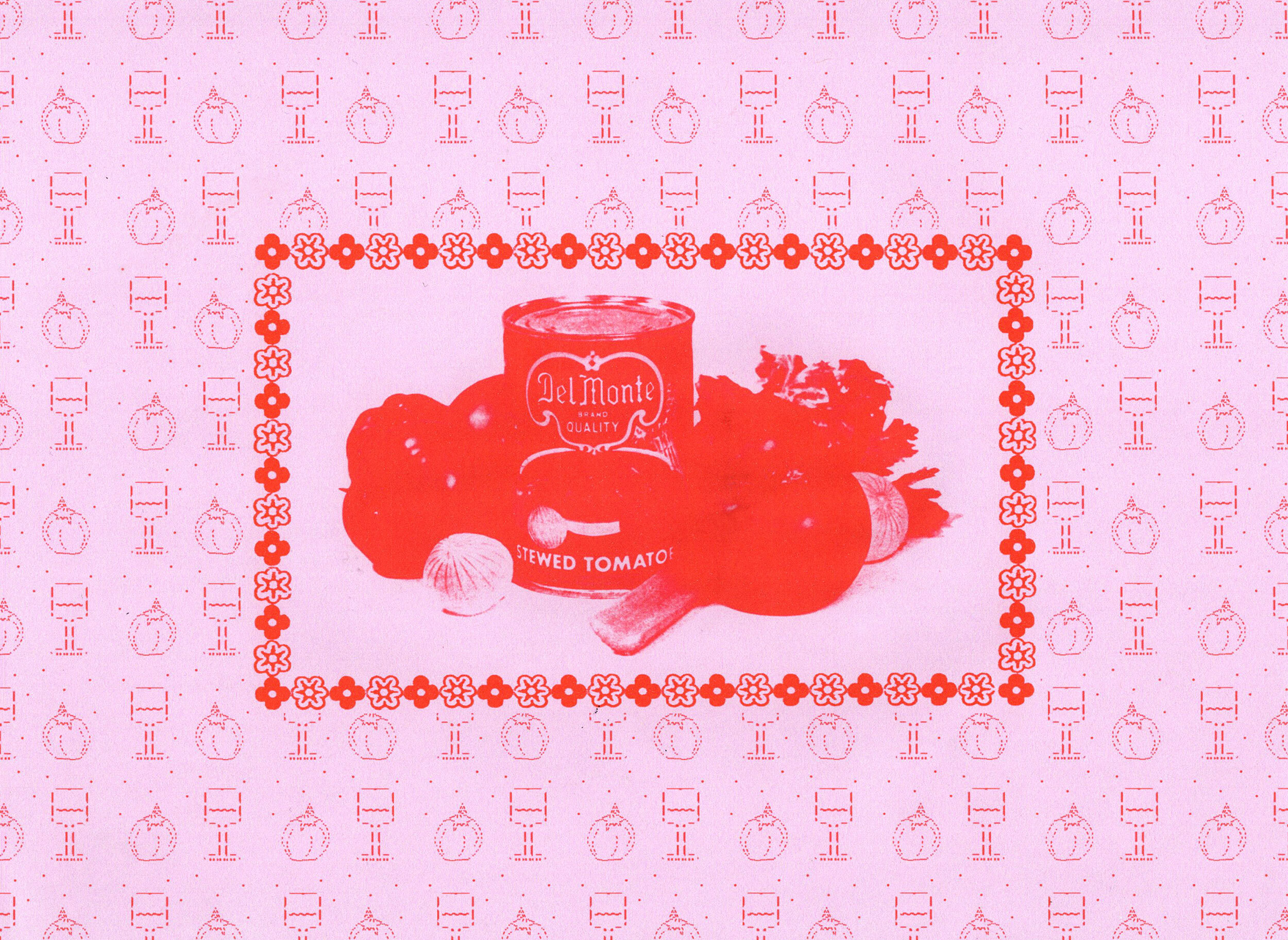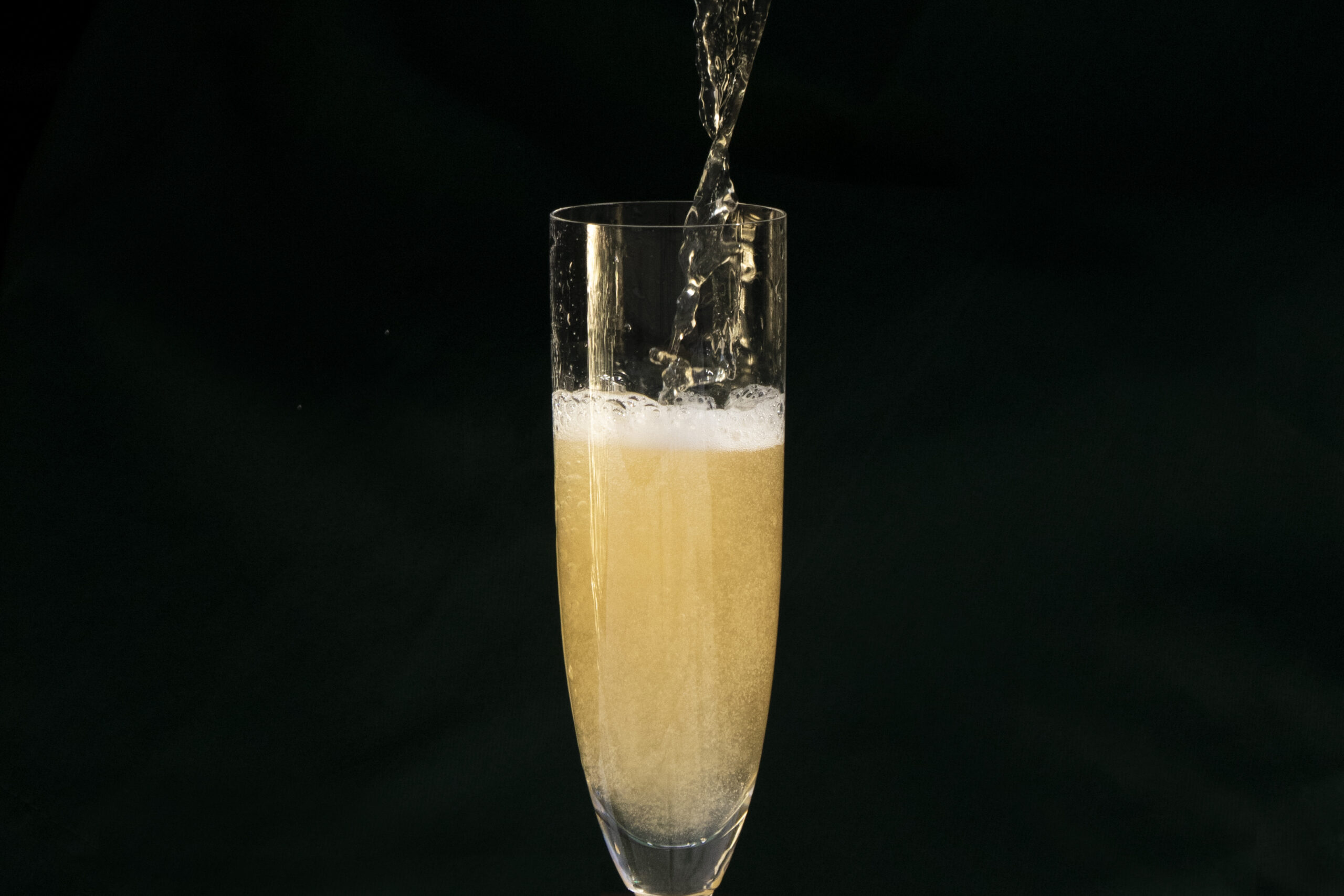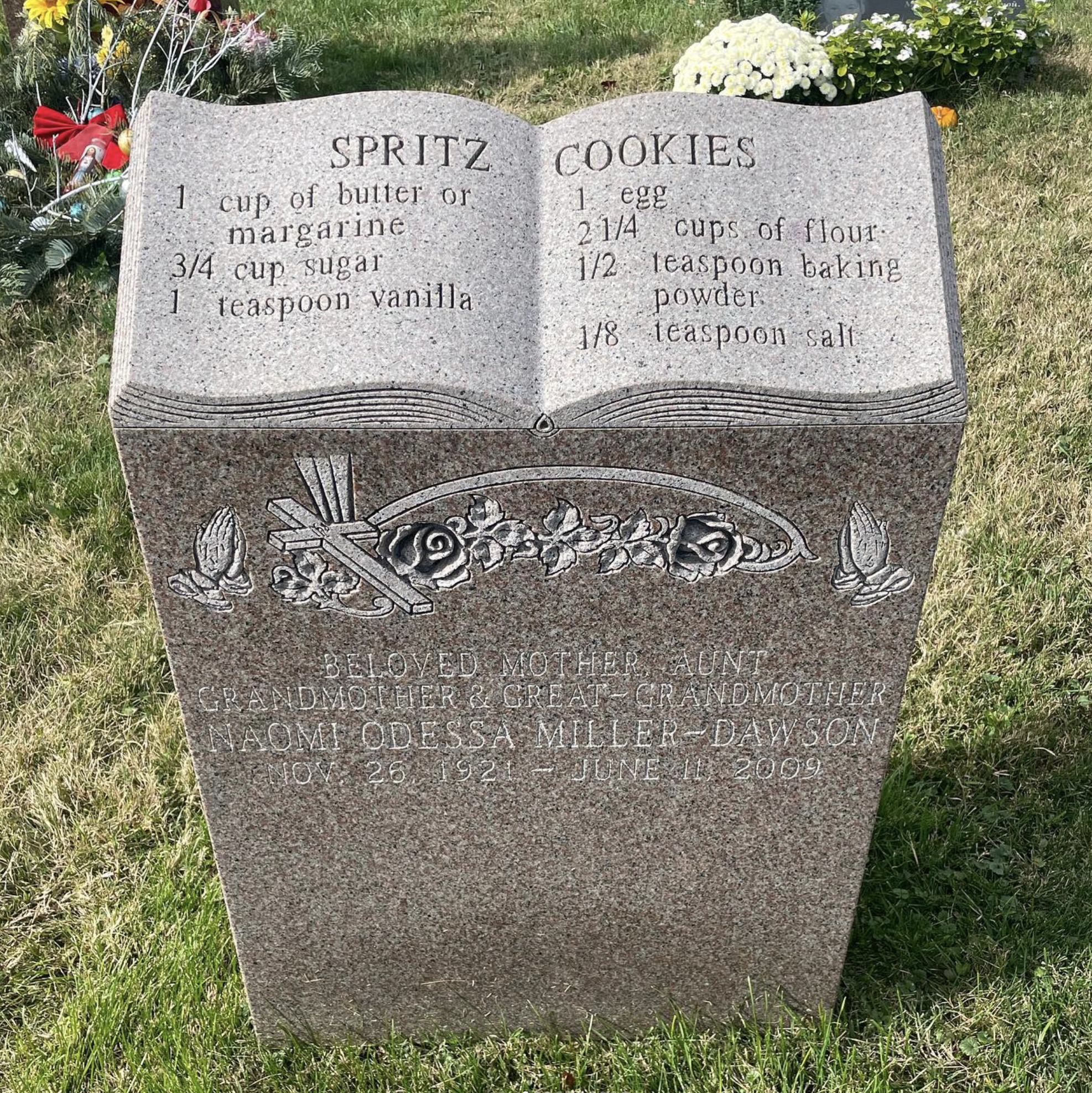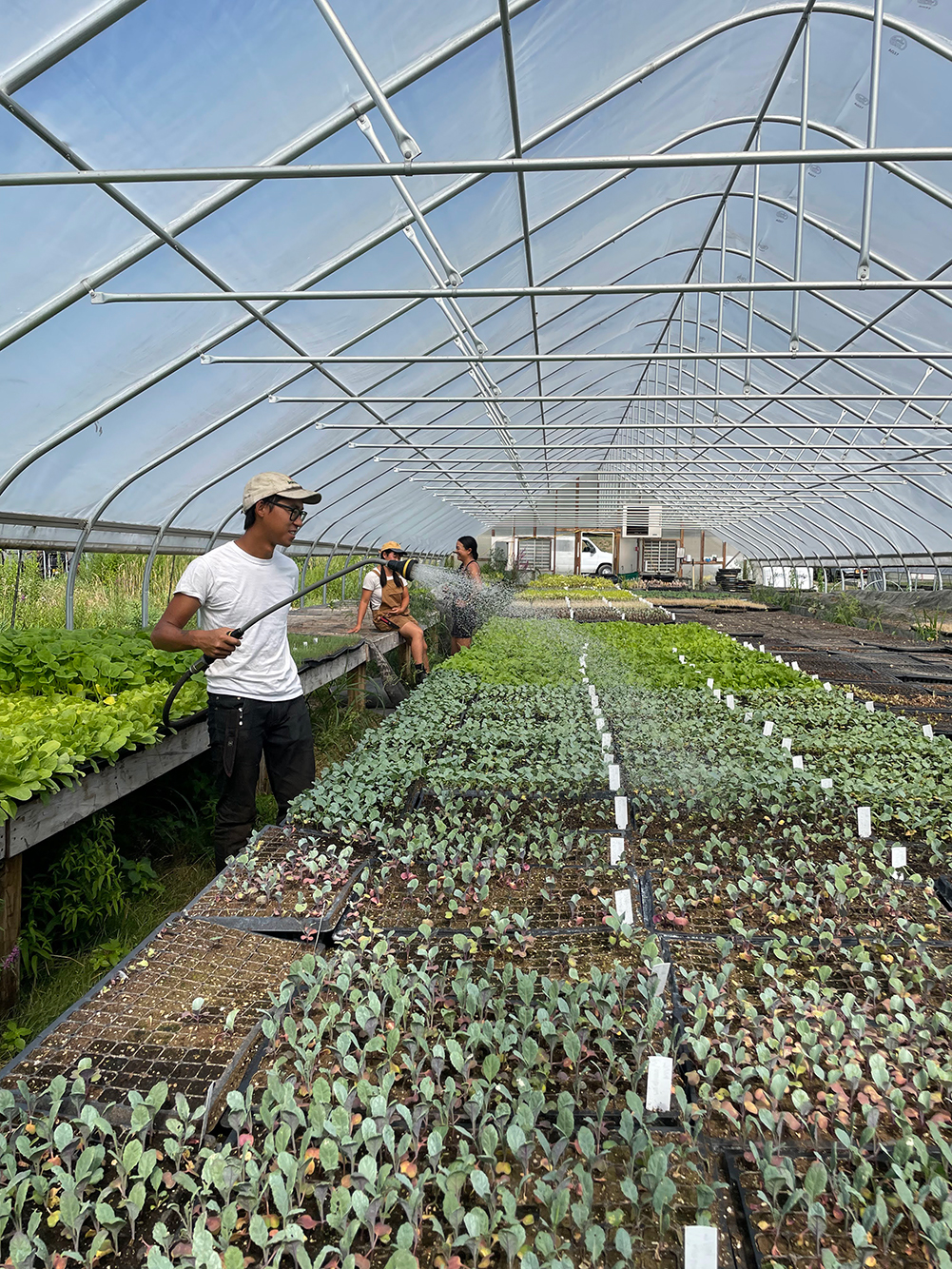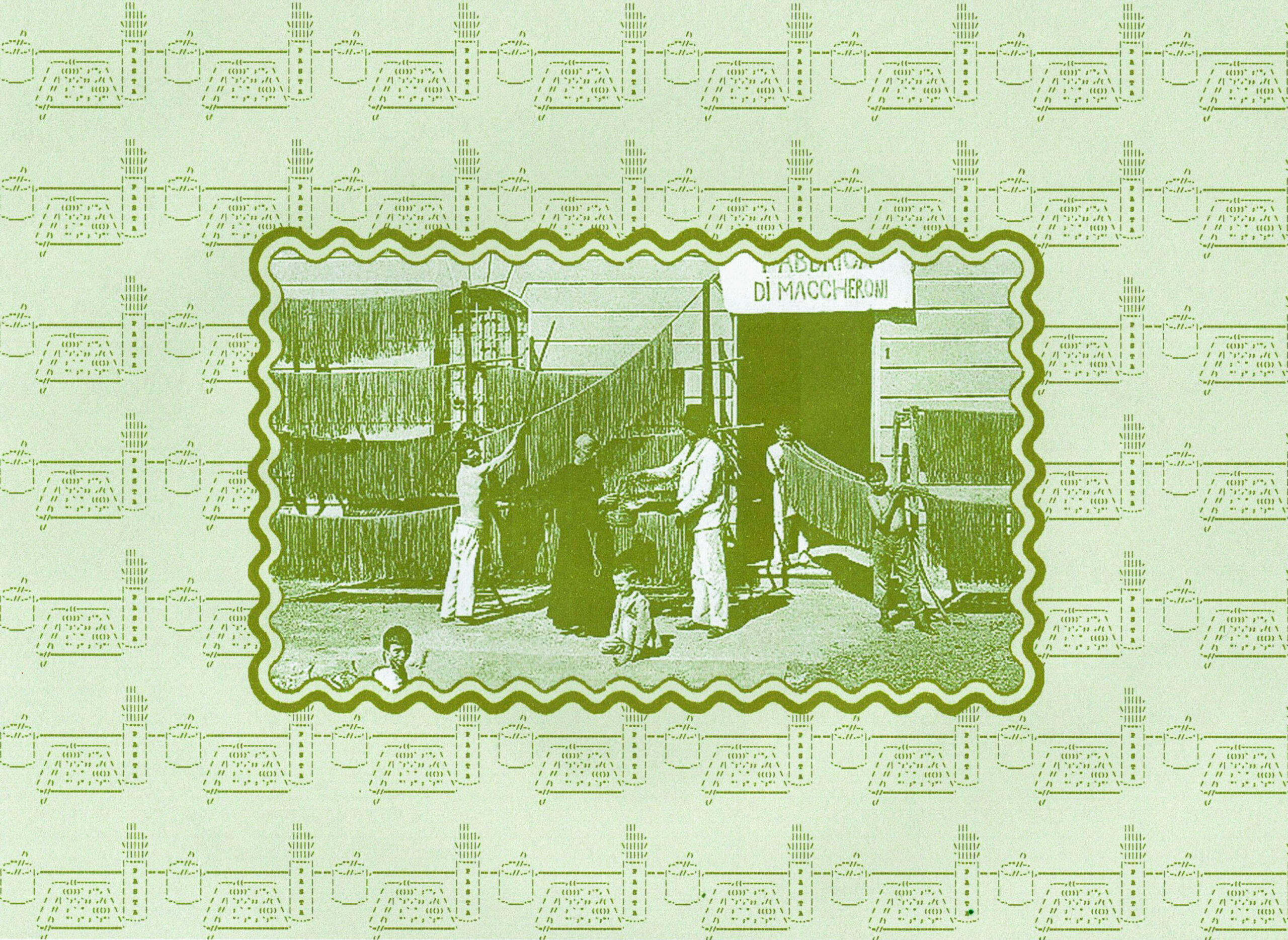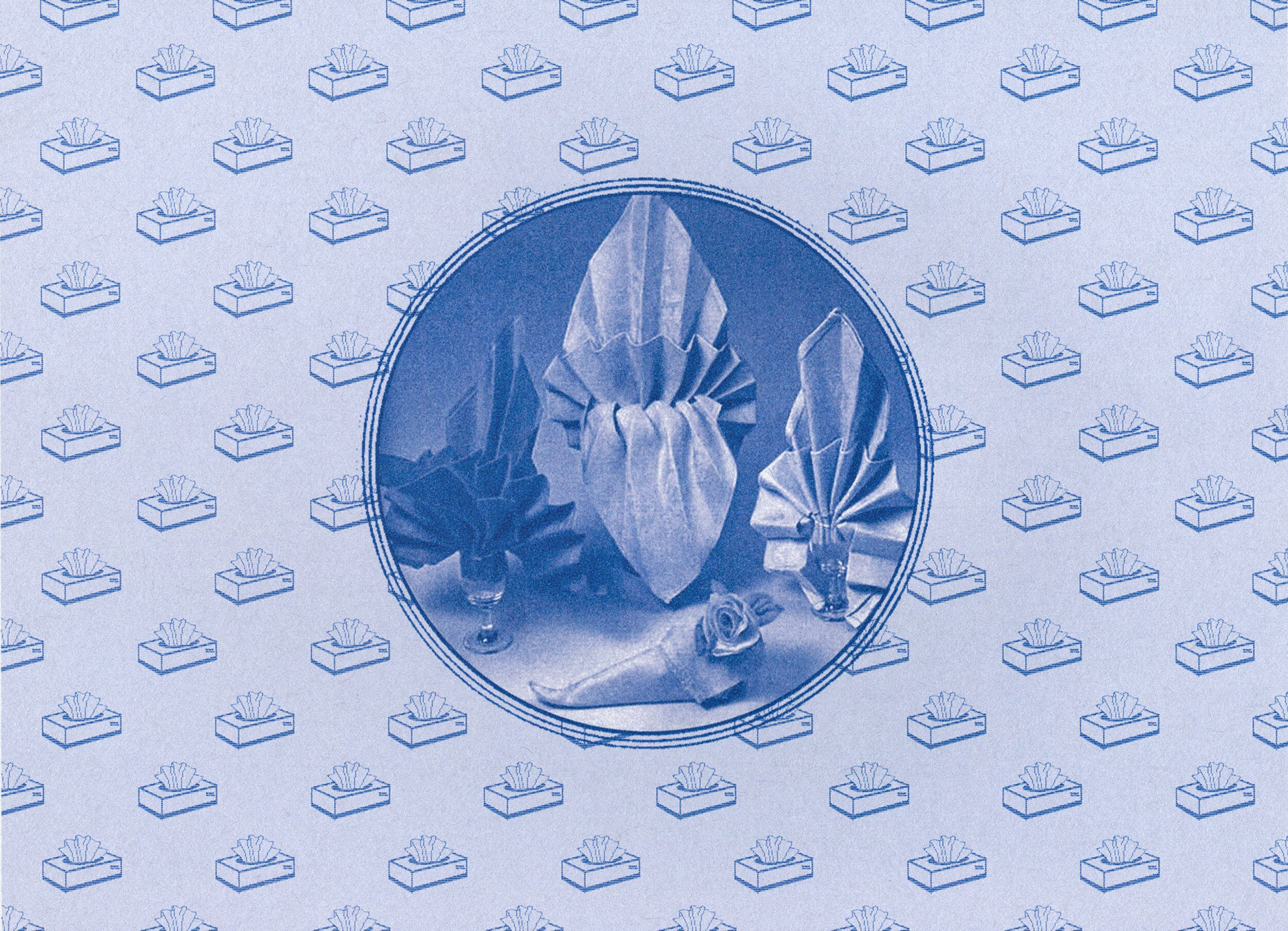In the North Atlantic sea, an island that might best be described as a floating golf course, with its pristine lawns and manicured houses, is undergoing an agricultural renaissance. The island of Bermuda, best known for its treacherous shoreline, is a former British Colony and remains a British Overseas territory today. Recently, I paid my first visit to the affectionately known ‘Rock’, for a family wedding — my sister was marrying one of the 60,000 Bermudians who live there. As a traveler, I am always interested in the backstreets to paradise, where the less than picture perfect often offers clearer insight into the workings of a place. However, after spending some of my trip seeking out deserted beaches and lesser known hiking routes, it soon became clear there was no such thing as ‘off-the-beaten track’.
My suspicions that an unkempt side of the island didn’t exist were later confirmed by members of my new Bermudian family, namely my sister’s new cousin-in-law and, until recently, Bermuda’s only organic commercial farmer, Malachai Symonds. He tells me that for the most part Bermudians have been spoilt, “We live in a paradise and we want the paradise paradigm —no bad smells, everything plush and lush, no holes in the road, no derelict building, everything has to be perfect — a part of that is about having the white picket fence, the green lawn, the nice house.” However, he believes a change is required for the future survival of the island’s population, “[The only way to] not feel like we have to migrate all the time is by changing that narrative. It’s not a bad thing to have an edible garden instead of a lawn! It’s not a bad thing to have fruit trees planted! People are so stuck on the narrative of having a great big front lawn that means people can look at your great big house!”
Like many of Bermuda’s young people, Malachai left the island to expand his career opportunities as there are no further education institutions in Bermuda. He studied agricultural engineering in both India and Costa Rica before returning home in 2020 to start a small-holding on government land, focusing on organic, biodynamic and indigenous practices. His return feels timely and important given that, to me, Bermuda is essentially a food desert, one that is isolated by the sea. Here, very nearly all food is imported and is prohibitively expensive (a packet of crisps costs around $7). Because of this, many don’t have access to good, healthy, unprocessed food as fresh, organic produce simply costs too much. This reliance on ships to deliver the nation’s staples leaves Bermudians vulnerable.
Malachai wants to change this through farming and by encouraging others to farm, “If a ship doesn’t come to Bermuda but you have your own garden, you can pick your own kale or harvest eggs. But we live in the middle of the Atlantic Ocean and we don’t farm. We import 95% of everything — farmers control 3% of the overall market.” It is true, more farming on the island is a simple solution to building greater food resilience, but in a culture that adheres to the postcard-perfect paradise-paradigm, home-grown food is not the norm. “It used to be,” Malachai tells me, “That’s been disconnected somehow. Now, we are very much used to going to the marketplace and buying everything.” He tells me that during COVID, people on the island did toy with the idea of growing their own food at home, “But people get disheartened quickly because they don’t understand what they’re doing. So they go outside, they work hard, which I think most of us aren’t used to doing, getting dirty and digging up soil, and when they don’t get the results they want they give up and go back to the marketplace.”
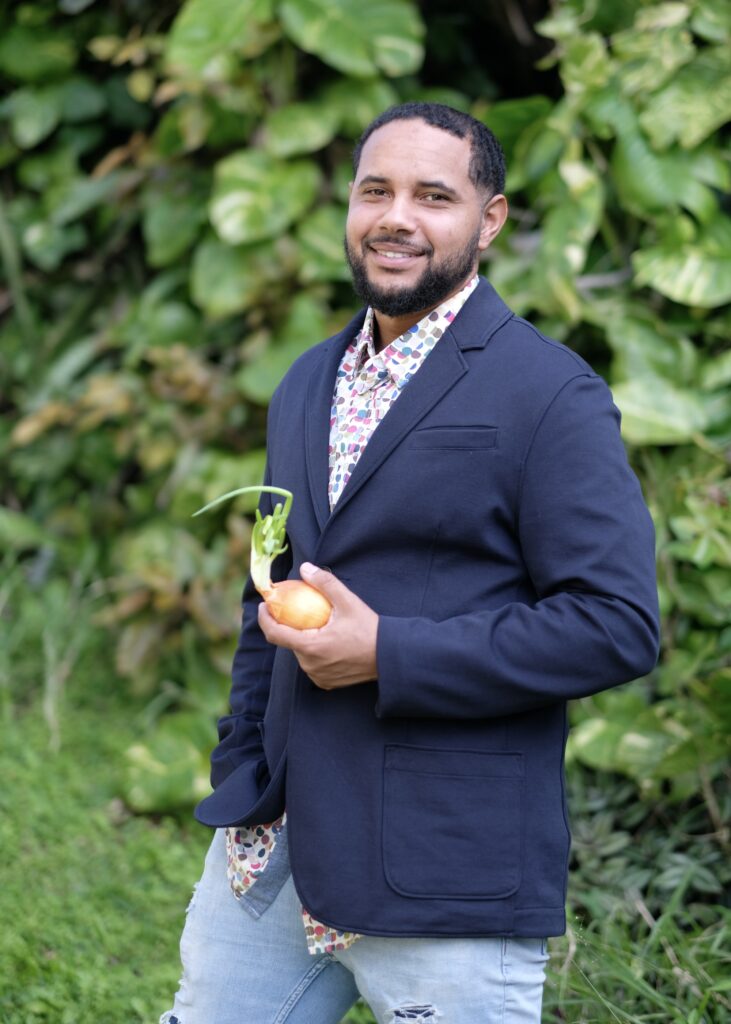
Bermuda wasn’t always so disconnected from farming — it was once a small but mighty agricultural island that exported high-end produce. But, sometime in the 1970s, the country’s leaders turned their attention from growing to the service and tourism industries (in particular, reinsurance for the American market). Local agriculture all but stopped. But, post pandemic, tourism has plummeted and due to changing global political shifts, service industries are moving their offices elsewhere in the world.
Malachai’s farming project, Just A Farmer, though small, aims to model climate solutions for the mammoth problems Bermuda faces as a small island surrounded by rising seas. Just a Farmer is the only organic commercial farm on the island and has a small shop that sells what it produces. In addition to fresh produce, Malachai has also previously offered recipes and practical support on how to grow food at home.
My visit to Malachai’s farm and learning about its holistic approach to agriculture was a very different perspective from the otherwise ‘luxury’ image that Bermuda’s tourism board touts heavily. On the plot itself, there was a cornucopia of different plants, birds, as well as a mandala garden (mandalas are indigenous planting systems that both self water and save water). “I formed a chicken coop around a part of the farm and then I started to increase biodiversity and use multiple crops in a small field, working on regenerating the soil, because it’s an investment to fix your soil,” Malachai recounts. “Everything was based on trying to regenerate this piece of property, it was supposed to be a closed-loop. I got chickens and quails, composted, created my own fertilizer, I wanted to grow food for my birds, I had medicinal plants for both humans and animals, I had a biodiverse area with fruit trees, veggies, herbs like citronella and sugar cane which acted as a live wind barrier and wall around the farm. There was a bit of everything that you needed to be sustainable or organic, everything had purpose.”
It was a real privilege for me to have the opportunity to taste a Just A Farmer-grown Bermuda orange (also known as Washington Navel oranges), which haven’t been grown on the island for years. Malachi’s efforts to grow oranges build upon the island’s rich history in citrus, “We had a plague [of mites] a few decades ago that destroyed our oranges. These trees were sought after all over the island, they were the best oranges in the world! If you speak to anyone over the age of 50 they will tell you about them.” Prior to the plague, Bermuda was full of orange orchards and as a colony was an exporter of citrus to England the American colonies. Malachi explains that there are barriers to his efforts to revitalize citrus, “I’ve been trying to bring those oranges back via tissue culture. At the time of the plague, there was a regulation bought in which stated that no one could bring in any type of citrus material. That law must be at least 30 years old. But technology and agriculture have developed considerably and we now have tissue culture labs who take tissue culture from a healthy plant, culture a million of them and send it to you. So there’s no pests.” He tells me that at the bottom of it all, most of the hurdles Bermudian agriculture face are rooted in policy, “I’ve been pushing for that since 2020 and the response has always been ‘no,’ not based on anything or any new information, just because of the old law. That happens with so many things – organic sprays, seeds, organic fertilizer. The market has been strangled.” It seems strange to me that produce that was once so precious to Bermuda, like the Bermuda orange, is no longer invested in. There are other examples — growing coconuts for example, is banned, although it would be beneficial from both an environmental perspective and an image perspective. The world renowned Bermuda onion, which was once so profitable for the island, is now only grown in Texas and other quality produce like the Bermuda carrot and thyme are no longer grown to export.
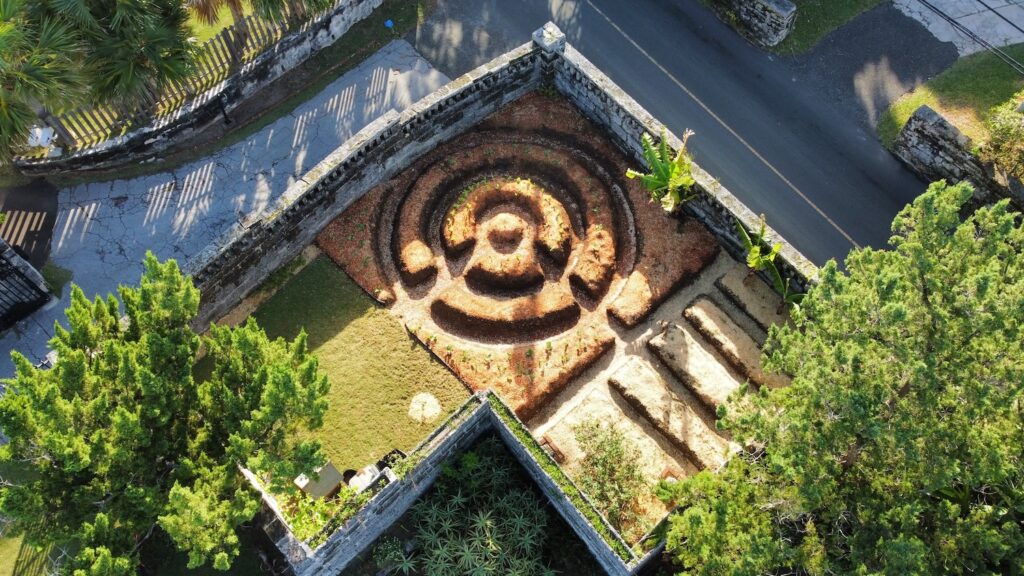
This same red tape that prohibits growing citrus has made the Just A Farmer project increasingly difficult to run. “It’s over-regulation. I put up a chicken coop and the government asked me for architectural plans and planning permission. I have a half acre of property, it’s a small-scale farm, with all the plans and permits that the government wants from me I would have to invest 32k for just a 5 year lease,” Malachi complains. Much of this legislative red tape, as Malachai says, is not based on any real environmental threats, but rather something more insidious. A holdover of colonial law has made, not only organic growing incredibly difficult, but running any small business nigh impossible. “Historically Bermuda had slavery, which was abolished,” Malachi tells me, “But during that time, monopolies and monopoly laws existed (to protect white landowners) and some of these are still in place today.”
Though Bermuda never had plantations the size and scale of those in the Caribbean and other parts of the Americas, Bermudians still suffered as chattel slaves, controlled by the British Empire. Today, Bermuda remains a part of Britain’s overseas territories. There are three main communities on the island today — the white, primarily American community, the Black community, whose ancestors came from the chattel slave trade in West Africa and later Caribbean immigrants and the newer Azorean-Portuguese community, specialists in growing on a volcanic island, who arrived in the 1970s to work in the agricultural sector. There appears to be little overt racism, but the monopoly laws that stop small businesses from flourishing mainly benefit large businesses and landowners, who are primarily white, and so racism still creates a glass ceiling and controls non-white communities’ livelihoods covertly. Problems faced by islanders, as Malachai explains to me, are not just about ethnicity, but also have classist overtones, “Some of these laws are still racist laws, but I wouldn’t say that they are just about being black or white, it’s more to keep the poor poor and the rich rich, regardless of whether you are Black or a part of the most recent immigrant community, the Portuguese, so the idea was to keep them in their class and keep everyone in their own classes.”
Malachai gives me a history lesson in Bermuda’s agriculture, “Historically Bermuda grew lilies for the Queen of England. Bermuda onions are also quite famous — we also grew potatoes, we do a lot of thyme and rosemary. We have the four seasons so we can grow strawberries where we grow our corn, we can grow cassava where we grow lettuce and broccoli so we can do quite a lot, we have a diverse market. But the storage on a small island and the science and the investment behind agriculture to entice people to want to farm, giving grants to farmers or agricultural engineering students doesn’t exist.” Listening to this account, I can’t help but notice that, although at points in history Bermudians were growers, they were never growing food for themselves, it was always for export, always for profit or for The Crown, never for the average Bermudian. Just A Farm has been trying to break this attitude to do something that re-engages Bermuda’s communities with agriculture, for their own health and their own joy.
One of the accidental ways that the project has done this is to grow sugar cane, which was once a very popular crop but isn’t seen on the island anymore. Malachai presses the cane and sells the juice from his shop on the side of the road, reminding me of street vendors on beaches in Brazil selling ‘caldo de cana’.Just like in Brazil, the juice has been a hit, its popularity has also helped build the reputation of the farm throughout the island. It is ironic to me that it is this plant that has garnered the most interest out of all of the produce initiatives within Malachai’s project. After all, sugar cane is synonymous with the slave trade — though it was never grown on Bermuda as a staple crop, it was brought over by ancestors from the Caribbean in the late 19th Century, where it was once grown by chattel slaves and garnered huge profits for the British, French and American Empires. In Bermuda’s case, sugarcane was brought over to be enjoyed, not sold and traded and, as Malachai tells me, “[It was seen] 50/60 years ago as something that people would use quite regularly. People liked it! But as we became more ‘developed,’ we lost it. Nowadays people are looking for substitutions for sugars, then I am able to give them a substitute for processed sugar, so the more raw we can get, the better off you are health wise. I made juice and people were coming by and getting it in liters. It was unexpected for me, I was growing it for a natural wind barrier, to protect the farm, not for the product. But I thought, if we can harvest it, everything on the farm had a purpose and actually it held my farm over financially for 4-5 months. It became my staple crop!”
Sugarcane, in this case, seems symbolic. It is an example of what Bermuda could do in the future — to look back on its lost agricultural past for protection, in the same way that the tall canes protect the farm. But it also seems clear to me that produce and agriculture can only grow if policies begin to change.
And that, in a surprise pivot, is what Malachai now aims to do — change policy. Since the beginning of 2024, he has stripped back the farm production and has turned his attention away from farming in order to help the island grow in other ways. He is now running as part of the opposition party, the OBA, as a politician instead. He has made the shift from getting his hands dirty to feed people to standing on doorstops to try and change the attitudes to land and laws. He understands that in order to make changes to food and farming, he must change the system, “We need policy change. We shouldn’t be paying what we’re paying for food, we shouldn’t be having a hard time to create new businesses. Things need to be easier. One of the things now is that our children are not getting the right opportunities for education, which everyone is upset about, so what are they going to do when they’re old enough to control the country.”
In the face of brain drain and with dependable industries like tourism and service now in decline, as the cost of living grows and the climate crisis worsens, it feels really critical, at this point in Bermuda’s timeline, that the island nation take the reins on their future, rather than being led by the Old Empires that have controlled them thus far. For Malachi, it starts with Bermudians relearning how to feed themselves. The heavy reliance on corporate work and the reputation of a perfectly pristine island cannot sustain them any longer.Though it is not in the Caribbean, which it is often mistakenly thought to be, it has a close relationship to the Caribbean islands and, since 2022 all 6 Caribbean nations have made plans to remove the British Monarchy from their heads of state, sending ripples that the Old British Empire’s grip on the region is over. Perhaps this energy is what Bermuda needs. Although unlike its Caribbean cousins it is far more remote and stands alone and is, therefore, more vulnerable economically, it has proven time and time again that it has the capacity to create capital for itself. What it needs now is for the bonds to be properly and legally broken and, with the help of citizens like Malachai, we can see that there is a definite appetite for change and a possibility to do so.
